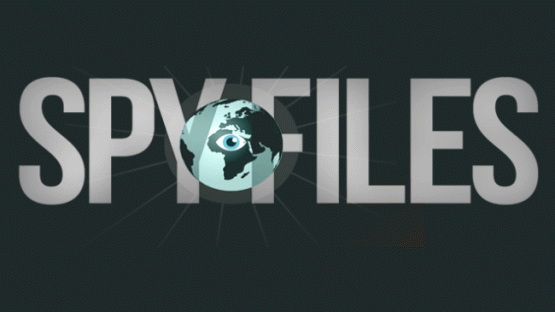SpyFiles 3: A growing surveillance industry amidst government inaction

Through our Big Brother Incorporated project, Privacy International over the past two years has been campaigning against the export of surveillance technologies by Western companies to repressive regimes. One of the seminal moments of this campaign was in 2011, when we partnered with Wikileaks to release the SpyFiles, which catalogued hundreds of brochures, presentations, marketing videos, and technical specifications exposing the inner workings of the international trade in surveillance technologies.
Today, Wikileaks have released Spyfiles 3, which further reveals the extent of which Western corporations are equipping repressive regimes and non-democratic governments to target activists, journalists, and human rights defenders. Unequivocally, the newest SpyFiles documents show that this dark industry only continues to grow, in both technical capability and customer base, all while amassing billions in profits off the suffering of individuals. The types of surveillance being marketed by these companies represent some of the most sophisticated technologies available -- whether it's instrusion software, data mining, trojans, location tracking, deep packet inspection, facial recognition, or mass monitoring.
And just like an advertisement you would see on television or in a magazine, spy firms are marketing these tools with flashy graphics, sales-speak, and guarantees on effectiveness. It's quite jarring to see such dangerous technologies being presented in such an unthreatening fashion, given that these products represent one of the biggest threats to human rights in the 21st century.
Today's release shows how deep the relationship is between the companies, their Sales Teams, and their clients (both prospective and current governments). Considering the country visits and enquiries from the surveillance companies themselves, any standard business practice would show that the surveillance company would be well aware of human rights abuses being perpetrated by those governments. With the well documented continuing state of human rights situations in many of the countries listed, any surveillance technology sold to these countries raises serious questions as to their legitimate and lawful use.
Surveillance technology companies cannot be allowed to abdicate responsibility for freely selling this technology to just any government, regardless of their human rights record.
Over the past two years, Privacy International has undertaken a substantial amount of investigation and research into the global trade of surveillance technology - who makes it, who sells it, and who buys it. This area has become increasingly privatised and commercialised, and it is estimated that the global trade of surveillance technology is estimated to be worth up to a staggering $5 billion a year. For comparison and a size of scale, in 2012 the more 'traditional' global trade in small arms (excluding the sale of ammunition) was worth $4 billion a year. The sale of surveillance technology is clearly big business, and can reach across the globe with little hinderance.
Western governments routinely proclaim that human rights are genuine and serious part of their international trade and foreign policies, regularly criticising other regimes for their flagrant human rights violations in targeting pro-democracy demonstrators, journalists, political opponents and human rights activists. The promotion of business and respect for human rights should go hand in hand.
In light of these further revelations of the trade activities of Western businesses, it crucial that those same Western governments now take action. To avoid increasingly vocal and damning claims of hypocrisy in relation to their trade and foreign policies, Western governments must not turn a blind eye to this booming industry. If they are to be taken seriously in this area, and in light of the many pro-democracy campaigns taking place around the world, governments must now urgently review their export policies and bring them in line with their own proclamations regarding the promotion of business and human rights.
The Edward Snowden leaks over the past few months have revealed that the illegitimate spying by governments on individuals is massive in scale and invasive in nature, reaching to every corner of the world and into every aspect of our lives. But what has not been discussed is the lifeblood of the current surveillance state -- the technologies used by governments and the companies that supply them. There has been little, if any, public debate on the role of the companies that develop this technology, and the role the Government plays.
We think it's time we had one.



